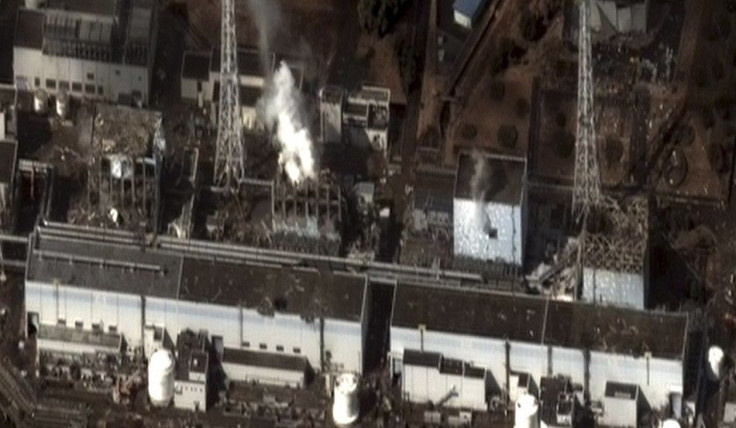Did Japan serially ignore warnings on security lapses in nuclear plants?

The Japanese government may have failed to show due diligence in acting on an International Atomic Energy Agency (IAEA) warning on security shortcomings in the Fukushima nuclear plant, according to reports.
The international nuclear watchdog had alerted the Japanese authorities about two years ago that its nuclear power plants may not be able to survive strong earthquakes, diplomatic cables leaked by WikiLeaks showed.
According to Britain’s Daily Telegraph newspaper, IAEA had said in 2008 that a strong earthquake would pose serious problems to Japan's nuclear power stations.
Though the Japanese authorities created an emergency response center at the Fukushima plant, the fact that the plant was designed to withstand only a magnitude 7 quake remained unaddressed.
Last week's earthquake, a magnitude 8.9 tremor, was the biggest to hit Japan, which sits on the highly seismic activity-prone Pacific Ring of Fire.
The report also says that a G-8 Nuclear Safety and Security Group in 2008 had also alerted the country over the safety of its nuclear power plants.
A leaked US embassy cable had an unnamed official saying that the guidance on how to protect nuclear power stations from earthquakes had only been updated three times in the past 35 years, according to the Telegraph.
Also, the presenter noted recent earthquakes in some cases have exceeded the design basis for some nuclear plants, and that this is a serious problem that is now driving seismic safety work, the document leaked by WikiLeaks said.
Various levels of safety have been breached at the Fukushima nuclear plant in the aftermath of last week's quake, despite ample assurances from the Tokyo Electric Power Company (TEPCO) over the past decades that its plant in Fukushima was safe. Yet the mystery in Fukushima is not the first unreported problem with nuclear power, only the most recent, says a former editor of the Japan Times Weekly.
Back in 1996 amid a reactor accident in Ibaraki province, the government never admitted that radioactive fallout had drifted over the northeastern suburbs of Tokyo. Our reporters got confirmation from monitoring stations, but the press was under a blanket order not to run any alarming news, the facts be damned, Yoichi Shimatsu, who is currently working with the Fourth Media, wrote in a Global Research article.
The Telegraph story says WikiLeaks cables show that the Japanese government did not even heed the warnings raised by local courts regarding the safety of nuclear plants. A court had said that a plant in western Japan, which was built to withstand a 6.5 magnitude earthquake, could pose a radiation threat in case of a disastrous quake.
Apparently, the country's nuclear safety agency believed otherwise. Japan's Nuclear and Industrial Safety Agency believes the reactor is safe and that all safety analyses were appropriately conducted, the leaked document revealed.
According to another WikiLeaks leak, a Japanese parliamentarian had said in 2008 that the government was covering up accidents in nuclear plants.
© Copyright IBTimes 2024. All rights reserved.





















